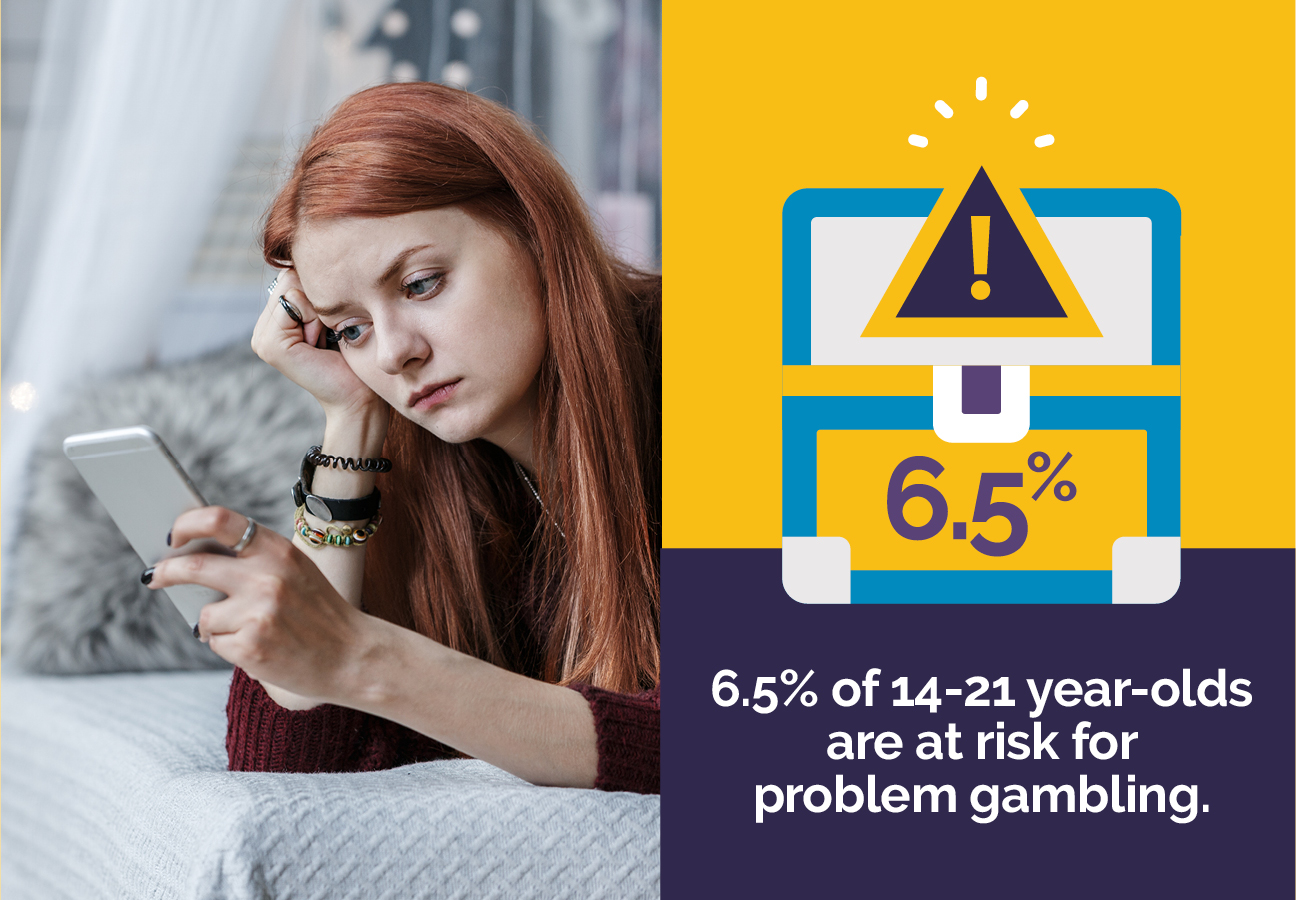New resources are now available to address gambling techniques found in games like Fortnite - thanks to Ohio’s Change the Game program.
It is a question every parent must answer on a daily basis.
“Mom…can I PLEEEEAAASSEEE get on my iPad?”
For many, the struggle over screen time is a major source of stress.
There’s now a new reason to think differently about what your kids do, where your kids go, and how much time they spend in front of a screen.
Gambling! All too often, it’s just a swipe away.
“But isn’t it illegal for kids under 18 to gamble?”
We hear this question all the time from parents across the country. While it’s illegal for children under 18 to gamble, popular online games for kids can have hidden and unintended social and behavioral health hazards: A PBS Newshour investigation found more than 100 million Americans regularly play on social casino apps. Many of these games, like Fortnite, League of Legends, and Mobile Strike, feature loot boxes. This common reward tactic results in a psychological reaction that mimics what people experience playing a slot machine. The difference is that kids don’t know they’re playing a slot machine. Parents and caregivers may not either.
Marketing of games can also pose a hazard to kids. Advanced data tracking allows AI-based algorithms to target young people and players with serious gambling problems, exposing impressionable minds to addictive behaviors without the player even knowing. No wonder The International Centre for Youth Gambling Problems and High-Risk Behaviors at McGill University found early participation in gambling increases the likelihood of developing a gambling problem later in life.
“Who’s doing something about this?”
The National Center of Problem Gambling is currently working with the Federal Trade Commission to study the long-term effect of loot boxes on kids. Already, some of the major video game companies decided to disclose the odds of loot boxes. Apple even started rating games with simulated gambling to M for Mature.
In Ohio, a group called Ohio For Responsible Gambling has earned national recognition for its Before You Bet campaign. Part of this work focuses specifically on children through a program called Change The Game. It aims to raise awareness of the realities of youth gambling, to help those children being affected right now, and prevent future gambling problems among our youth. A free community toolkit has customizable resources that parents, children, and those working with children can use.
“Are there warning signs I should watch out for?”
Yes. Because these types of games are new for many parents and caregivers, it’s important for them to know the warning signs early:
•When kids “lose” valuable items, that’s a red flag.
•Behavior becomes more secretive, defensive, or aggressive.
•Children may also experience a decline in school performance.
•Some students lose interest in other extra-curricular activities.
Moderation matters now more than ever. Parents and caregivers can help children be more responsible with screen time.
Change the Game can help further educate parents and caregivers on how to be on the lookout for hidden hazards that can come with popular online gifts. It’s not just about working to prevent future gambling problems among our youth, let’s change the game to help those who are being affected right now,
Anyone can visit www.changethegameohio.org to find free community resources, videos, posters, flyers, and other educational material. All content is free of charge.
 |  |  |  |


